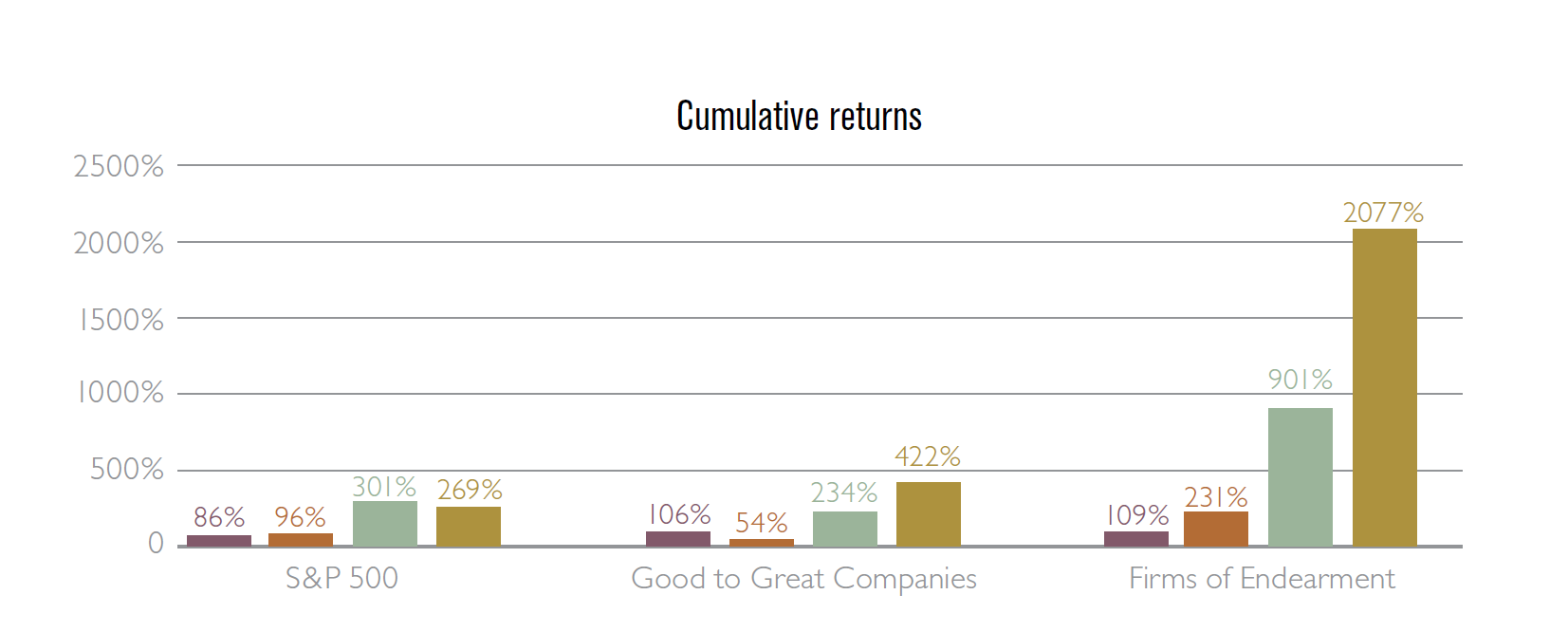On August 19, 2019, the Business Roundtable (BRT) announced the release of a new “Statement on the Purpose of a Corporation” (BRT Statement) that was signed by 181 CEOs of some of the world’s largest companies. In their press release, the BRT introduced the BRT Statement by observing:
Since 1978, Business Roundtable has periodically issued Principles of Corporate Governance. Each version of the document issued since 1997 has endorsed principles of shareholder primacy — that corporations exist principally to serve shareholders. With today’s announcement, the new Statement supersedes previous statements and outlines a modern standard for corporate responsibility.
After observing that “the free-market system is the best means of generating good jobs, a strong and sustainable economy, innovation, a healthy environment and economic opportunity for all,” the BRT departed from the shareholder primacy business model by stating “we share a fundamental commitment to all of our stakeholders.” The BRT Statement then reads as follows:
We commit to:
- Delivering value to our customers. We will further the tradition of American companies leading the way in meeting or exceeding customer expectations.
- Investing in our employees. This starts with compensating them fairly and providing important benefits. It also includes supporting them through training and education that help develop new skills for a rapidly changing world. We foster diversity and inclusion, dignity, and respect.
- Dealing fairly and ethically with our suppliers. We are dedicated to serving as good partners to the other companies, large and small, that help us meet our missions.
- Supporting the communities in which we work. We respect the people in our communities and protect the environment by embracing sustainable practices across our businesses.
- Generating long-term value for shareholders, who provide the capital that allows companies to invest, grow, and innovate. We are committed to transparency and effective engagement with shareholders.
- Each of our stakeholders is essential. We commit to deliver value to all of them, for the future success of our companies, our communities and our country.
This revised statement has been received well and is strongly supported by advocates of “Conscious Capitalism” — a business model described by Raj Sisodia and John Mackey. As they explain in the book entitled Conscious Capitalism:
Conscious Capitalism is not about being virtuous or doing well by doing good. It is a way of thinking about business that is more conscious of its higher purpose, its impacts on the world, and the relationships it has with its various constituencies and stakeholders. It reflects a deeper consciousness about why businesses exist and how they can create more value.
The BRT Statement parallels closely the second of Conscious Capitalism’s four tenets “Stakeholder Integration,” which is grounded in the recognition that each business stakeholder is important and “all are connected and interdependent, and that the business must seek to optimize value creation for all of them.”
However, the BRT Statement was not welcomed by all, evidencing the powerful forces wedded to the shareholder primacy business model. The Wall Street Journal (WSJ) Editorial Board lampooned the BRT Statement as “less substance here than meets the media spin” and as a likely response to today’s political winds. After characterizing the Statement as “largely symbolic,” the WSJ Board observed that “[a]n ill-defined stakeholder model can quickly become a license for CEOs to waste capital on projects that might make them local or political heroes but ill-serve those same stakeholders if the business falters.” Similarly, the Council of Institutional Investors (CII) expressed their concerns about the BRT Statement claiming that it undercuts notions of managerial accountability to shareholders. Specifically, the CII opined:
Accountability to everyone means accountability to no one. BRT has articulated its new commitment to stakeholder governance (which actually resurrects an older policy view) while (1) working to diminish shareholder rights; and (2) proposing no new mechanisms to create board and management accountability to any other stakeholder group.
The CII concluded its press release by observing “If ‘stakeholder governance’ and ‘sustainability’ become hiding places for poor management, or for stalling needed change, the economy more generally will lose out.”

Whether the BRT Statement signatories act on their public commitment to stakeholders is yet to be seen. But, if they do, the data shows that the BRT Statement critics concerns are misplaced. As is illustrated in the following graph drawn from data in the Conscious Capitalism Field Guide, “Firms of Endearment” that have put into practice the Conscious Capitalism model have significantly outperformed both the market and even Jim Collin’s hand-picked “Good-to-Great” companies by a substantial margin:
The adverse response to the BRT Statement may be driven by two factors. First, deep skepticism about the power of a stakeholder-based business model to optimize performance. And, second, more cynically, a deep desire by many shareholders to drive short-term rather than long-term shareholder value, despite statements to the contrary.
Several BRT Statement signatories responded to their critics with seven questions and answers published in the September issue of Fortune to clarify the BRT Statement and to tout the clear benefits of a stakeholder (as opposed to a shareholder primacy) business model. The third Q&A in this publication, “Are Business Roundtable CEOs abandoning shareholders?”, was apparently intended to allay shareholder concerns:
No. The new Statement could not be clearer that companies need to generate “long-term value for shareholders, who provide the capital that allows companies to invest, grow, and innovate.” What it pragmatically reflects is the reality that for corporations to be successful, durable and return value to shareholders, they need to consider the interests and meet the fair expectations of a wide range of stakeholders in addition to shareholders, including customers, employees, and the communities in which they operate.
It is heartening for we longtime Conscious Capitalism advocates to see such a full-throated promotion of a stakeholder business model. Time will tell whether this glimmer of consciousness manifests itself in noticeable changes in business practices. However, like Raj Sisodia’s “Firms of Endearment,” companies that act on the BRT commitments are more likely than their “shareholder primacy” counterparts to engage in ethical business practices that promote robust business ecosystems in which all stakeholders — including shareholders — thrive over the long term.




